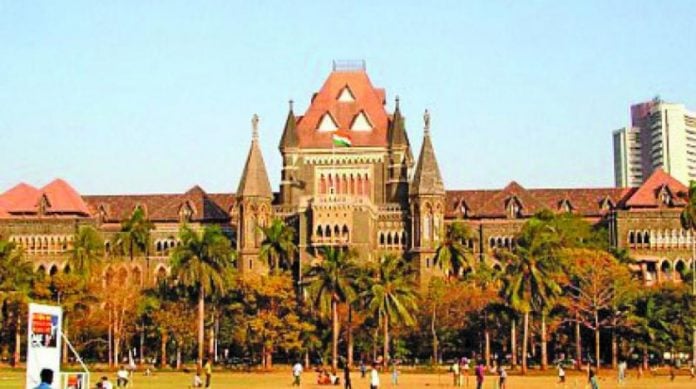The Bombay High Court has issued notice to the Union government on a petition challenging the constitutional validity of the Motor Vehicles (Amendment) Act, 2019 and the Rules made under the same.
Representing the Central government before a Bench headed by Chief Justice Dipankar Datta, Advocate Pranav Thackur on Friday sought time to respond to the petition filed by the Bar Association of Motor Accident Claims Tribunal, Mumbai.
The High Court allowed the Union of India time to respond, while fixing November 28 as the next date of hearing.
As per the plea filed by Advocate Yatin Malvankar, the ‘no-fault liability’ clause introduced in the MV Act, 1988 had ensured that compensation was paid by the insurance companies to the victims.
However, an amendment bill to the Act was introduced in Parliament in 2011, which proposed to limit the third-party liability of the insurance company.
The petition contended that limiting the liability of insurance companies and imposing a limit to filing the claims by accident victims would lead to catastrophic effect on the families of road accident victims.
According to the petitioner, he had given representations to concerned authorities flagging their concerns about the bill.
He said while this bill lapsed, a similar bill was passed in 2019, which became an Act, despite opposition.
The petition demanded quashing of the 2019 amendment to the Act and stay on its operation.
It contended that only a few sections of the amended act with regards to the fine and punishments were implemented from 2019 and the rest of provisions were kept in abeyance, which gave an impression to the petitioner that the government was considering the grievances. However, the government implemented all the provisions from April.
The petitioner said he then approached the High Court, apprehending possible difficulties that could arise for litigants in future.
As per the petition, the amended Act of 2019 deleted Chapter X of the MV Act, 1988, which pertained to ‘no fault liability’ in certain cases.
It said the provisions of Chapter X not only fixed the interim liability, but also fixed the amount of compensation that a victim of a vehicular accident can expect from the owner and insurer of the offending vehicle.
The petition contended that the 2019 amendment also replaced Section 163A, under which, compensation was awarded without proof of negligence, taking into consideration the low income of a person.
As per the 2019 amendment, victims were forced to either claim compensation under Section 164 of the amended act or Section 166 of the pre-amended act, but specify that claims under Section 164 would lead to claims lapsing under Section 166, the petitioner submitted.
The amendment also put a clause that no application for compensation would be entertained, if it was made after six months of the occurrence of accident. The petitioner said this will deprive the poor victims of road accidents from claiming compensation under the present MV Act.
The plea alleged that the amended Act was restricting the right of the victim to get a fair and just compensation, thus leading to violation of right to life of the accident victims.
Case title: Bar Association of MACT, Mumbai vs Union of India and Ors


